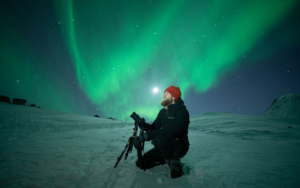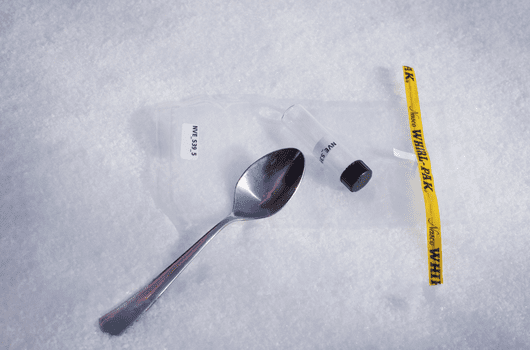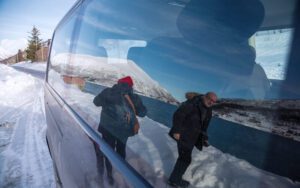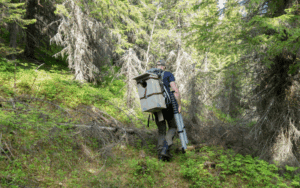

Tour operators are the guardians that ensure that our incredible wilderness is enjoyed by travellers both safely, and responsibly. Wandering Owl recognises that tourism has the potential to create positive change in the world. Wandering Owl is committed to finding ways in which we can reduce and limit our impact of our tours and work.
It is our policy to:
- Use tourism as a valuable resource that can give back to our local community and ecosystems. Including citizen science on all our tours ensures that every trip into the wilderness is a data collection opportunity that is seized.
- Reuse and Recycle as much waste material as possible
- To not purchase anything unnecessary. To achieve this we remain within our procedures and routines.
- Avoid the use of paper wherever possible. For example, using APPS, eManifests, sending invoices and quotes via email as PDF files.
- To reduce our digital footprint by deleting digital files when they are not needed, and ensuring that we are emptying the trash on our email server on a monthly basis.
- Recycling equipment that is no longer of use to the company. For example, donating or selling items such as computers and printers that we no longer use.
- Keep energy usage low. For example, making use of low energy light bulbs throughout and ensuring that computers are shut down after work.
- Reuse waste paper (from the printer) where possible, making use of the blank side for notes etc.
- Purchase products made with recycled paper. For example, paper towels, printer paper
- Purchase products with a lower environmental impact. For example environmentally safe soaps and detergents and avoiding one time use items.
- Use low impact transport for travel to and from work and travel for business. For example, we use public transport to attend meetings.
- Avoid unnecessary travel by making use of instant messaging, video and audio conferencing, telephone and email.
- On our activities:
1. All activities include a list and training for the guides and drivers to ensure they are limiting their impact, for example by driving economically.
2. All activities include an environmental message for the guests to take with them. This includes learning opportunities for the guests to take home these lessons from our fragile Arctic.
3. All our tours include citizen science. Guests actively participate in following research methods, and collecting data that is used by our local research partners in their ongoing research projects.
3. Follow the highest standard of operations regarding the ecosystem and the communities, even when it “would be cosy” to not lower the standard. Some examples include: never purchasing marshmellows as they are in a one time use plastic bag (that is 3600 plastic bags not being purchased annually), use fire bowls to keep the heat of the delicate arctic lichen, flints are much as possible to skip one time use matches and gas in lighters, always remain on the path, limit the size of the fire, use local vegetables ingredients in our soup, encourage our employees to make a commitment to reducing their impact and discourage flying, promote predominantly plant based diets to reduce our carbon and methane footprint.



